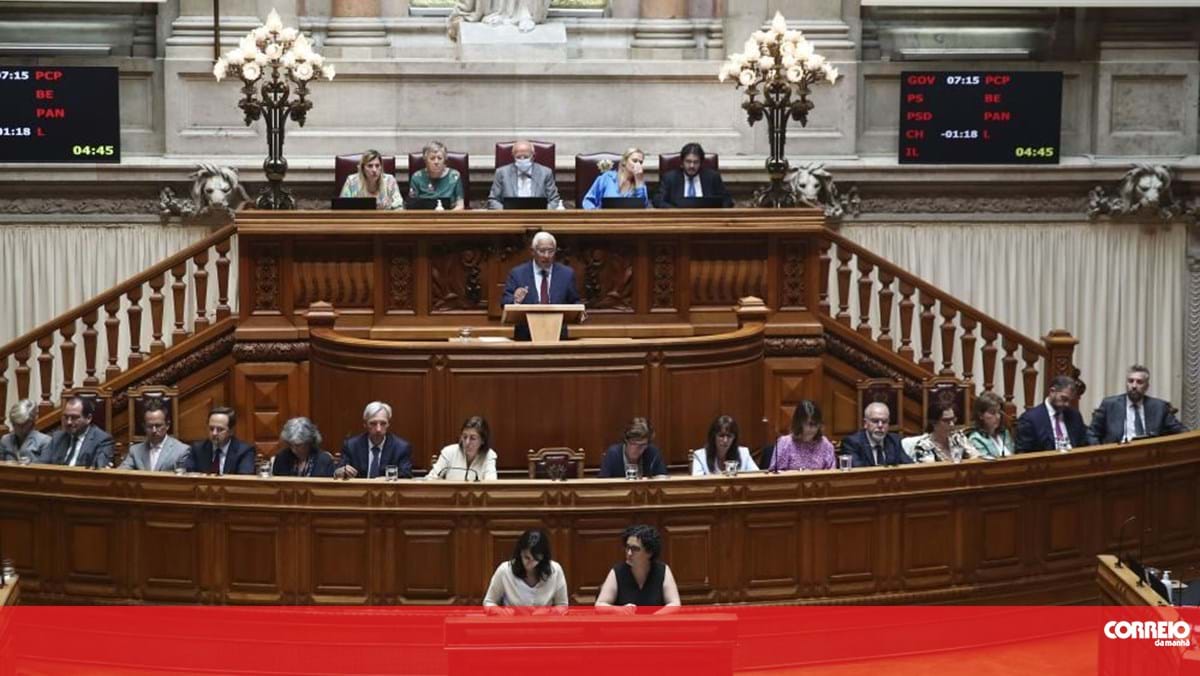The National Director of the Judicial Police, the President of ANACOM, the National Data Protection Commission and the Ombudsman are among the list of organizations approved this Wednesday that will be heard by the metadata working group.
This afternoon, Parliament held a meeting of a working group that tracks diplomas on message metadata to discuss and vote on proposals for hearing organizations.
All hearings were approved unanimously, with BE and PCP choosing not to file any requests for legal entity hearings despite following the requests of the other parties.
At the PS’s request, the National Director of the Judicial Police Luis Neves and ANACOM President João Cadete de Matos will be heard, a request that was already unanimously approved at a meeting earlier in the month. .
PSD demanded a hearing from Ombudsman Maria Lucia Amaral and lawyer Paulo Sa e Cunha.
Chega has requested a hearing with the National Data Protection Commission, and the Liberal Initiative wants to hear from the Cybercrime Coordination Office of the Prosecutor’s Office (cybercrime).
At a meeting of this working group on July 8, which monitors diplomas on metadata, it was decided to extend the discussion of the specialty until the end of the holidays and hold more hearings.
In a ruling dated April 19, the Constitutional Court declared unconstitutional the provisions of the metadata law, which stipulate that telephone and Internet service providers must store data related to customer communications, including source, destination, date and time, type of equipment and location, for a period of time. for one year for possible use in a criminal investigation.
In response to this ruling, a proposal for a government law was submitted, as well as the draft laws of the PSD, Chega and PKHP on the same issue, which were discussed at the special issue without a vote on June 3.
President of the Republic Marcelo Rebelo de Sousa has already said he will ask the Constitutional Court to conduct a preventive review of the new law, which will be approved by the parliament, a position he repeated on Sunday after he was faced with warnings. data from the National Commission for the Protection of Human Rights (CNPD).
This body considered that some of the solutions proposed by the Government to regulate access to metadata relating to electronic communications for the purposes of criminal investigation undermine the guarantees of fundamental rights of citizens.
Author: Lusa
Source: CM Jornal




